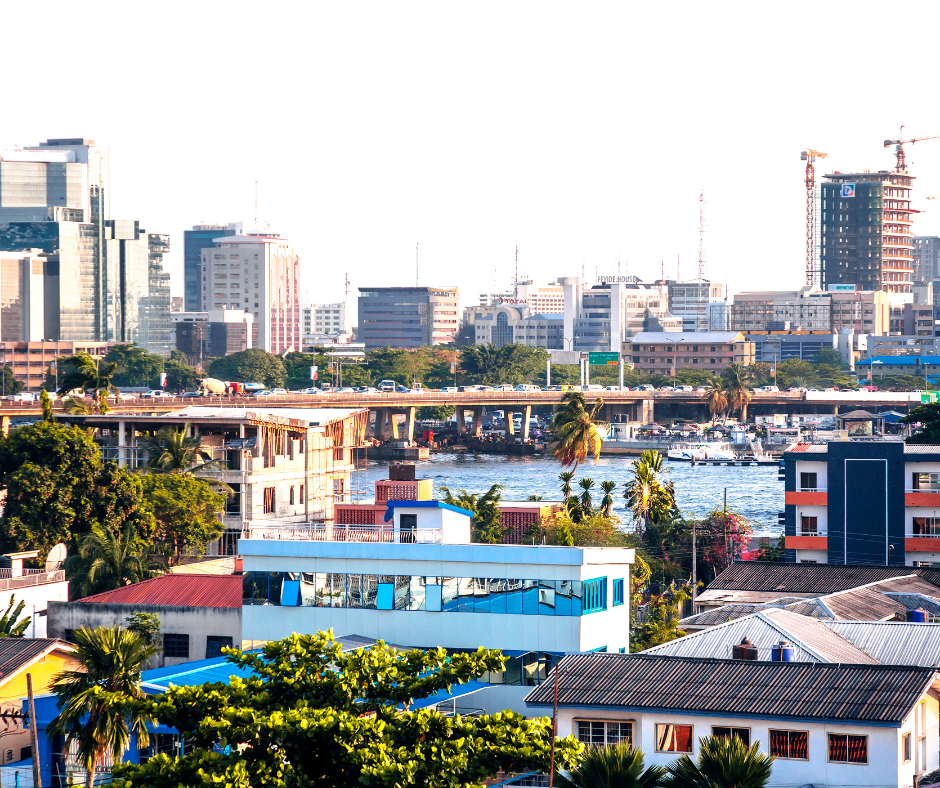Sustainable Tourism in Nigeria: Embracing Eco-Friendly Travel and Community Initiatives
- The Global Oreoluwa

- May 15, 2025
- 2 min read

As travel grows across Nigeria, the question isn't just where to go, but how to go—without leaving a harmful footprint behind.
Sustainable tourism is more than a trend; it’s a movement that supports the environment, empowers local communities, and ensures that future generations can still enjoy Nigeria’s natural and cultural treasures. From the coastal towns of Lagos to the hills of Obudu and the savannahs of Bauchi, Nigeria is slowly carving a path toward eco-conscious travel.
Let’s explore how sustainability is transforming tourism in Nigeria—and how travelers like you can make a difference.
Eco-Conscious Destinations in Nigeria
Lekki Conservation Centre (Lagos): Home to Africa’s longest canopy walk, this nature reserve promotes wildlife preservation and eco-tourism education.
Obudu Mountain Resort (Cross River): Located in a biodiverse region, the resort uses eco-friendly construction and supports nearby communities through tourism jobs.
Yankari Game Reserve (Bauchi): The reserve focuses on wildlife protection, natural spring preservation, and responsible tourism practices.
Erin-Ijesha Waterfalls (Osun): Local guides manage the site with increasing attention to waste control and environmental respect.
Community-Based Tourism: Empowering the Locals
Across Nigeria, communities are stepping up to build tourism experiences that benefit both the traveler and the host:
Badagry (Lagos State): Community tours of historic slave routes are managed by locals who share their history firsthand—while earning fair income.
Makoko Floating School (Lagos): Though no longer standing, it inspired sustainable architectural thinking and community education.
Argungu Festival (Kebbi State): Visitors are invited to support local craftsmen, performers, and farmers through authentic cultural experiences.
What Nigerian Travelers Can Do
1. Stay Green: Choose eco-lodges or hotels that use solar power, recycle water, or source local food.
2. Support Locals: Buy crafts directly from artisans, use local tour guides, and eat at community-run restaurants.
3. Leave No Trace: Pack out what you pack in, avoid single-use plastics, and respect wildlife and cultural heritage sites.
4. Travel Off-Peak: Avoid overcrowding sites by traveling outside peak seasons—this reduces environmental stress and supports year-round income for locals.
Nigeria’s Sustainability Momentum
Though the eco-tourism sector is still growing, there’s a wave of grassroots innovation. NGOs, youth-led startups, and government tourism boards are gradually prioritizing green tourism initiatives.
And with platforms like Oritour spotlighting destinations and encouraging responsible travel habits, awareness is spreading.
The Road Ahead
Sustainable tourism isn’t a destination; it’s a journey. It means seeing Nigeria not just as a beautiful escape, but a shared home worth preserving. The more we travel responsibly, the more we ensure that the waterfalls still roar, the forests still breathe, and the stories still echo—for generations to come.






Comments